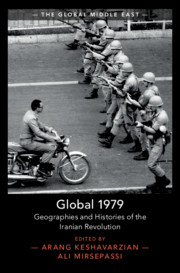Historians of Pahlavi Iran have demonstrated that physicians, pharmacists, dentists, and nurses were encouraged by early nation-builders to civilize patients and shepherd the masses into modernity. Medicine, however, was not only a top-down affair. Medical professionals maintained a dialogue with their patients, cognizant of the cultural mores of local communities and the threat of medical malpractice lawsuits. In fact, medicine, far from a universal science, was highly localized, inflected by traditional curatives (like herbs and spices), shortages of medical equipment and drugs, and local policing to safeguard patient rights. Through social history, scholars may examine the dialectic between patient and provider, which proved fundamental to the practice of modern medicine in Pahlavi Iran.


